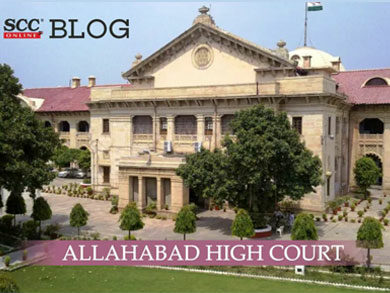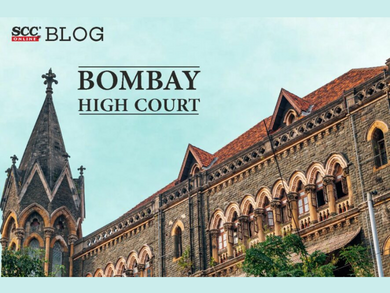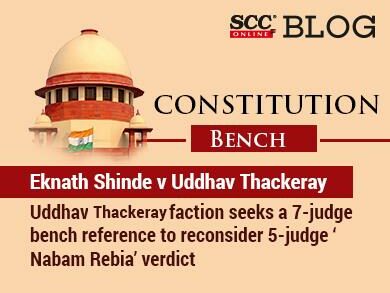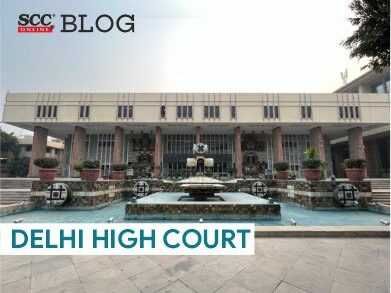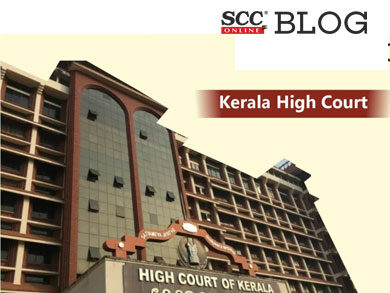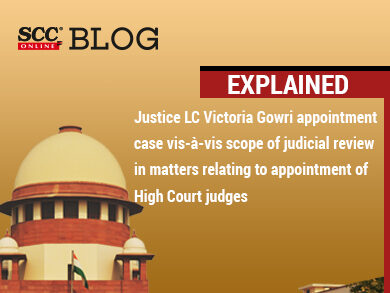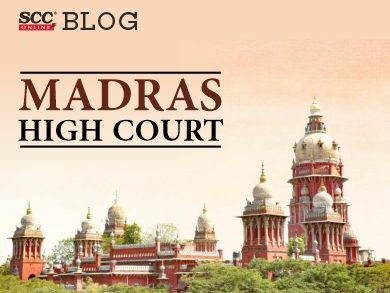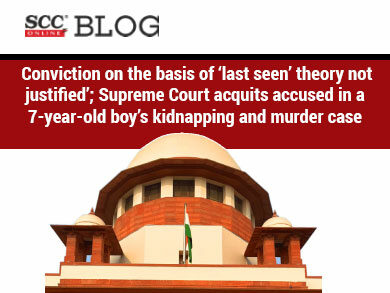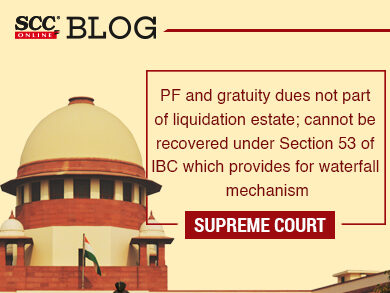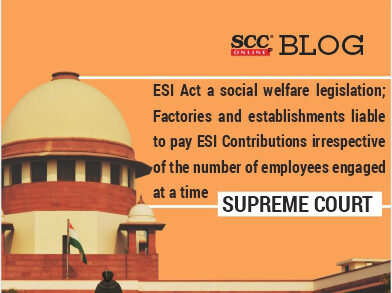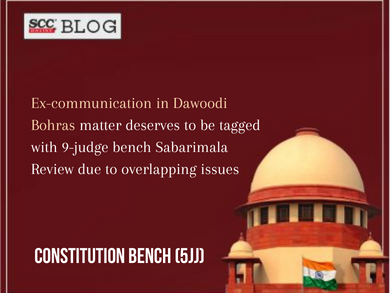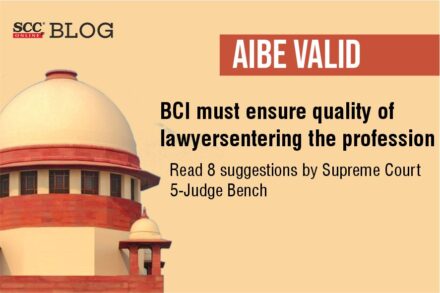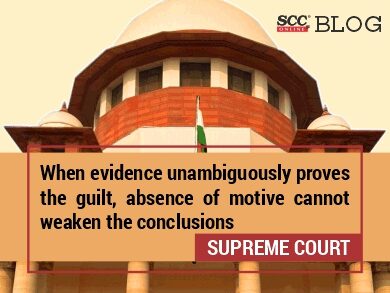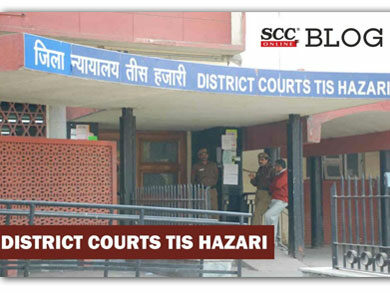
[Medical Negligence] FIR cannot be registered on complaint guided by unsubstantiated assumptions only to satisfy discontentment with the treatment of child; Tis Hazari Court sets aside Trial Court’s direction
In a medical negligence case, the Tis Hazari Court held that since there was no justifiable reason to assume that the doctor committed any offence into the allegations made by the complainant, no FIR could be registered on the whims and fancies of the complainant guided by unfounded and unsubstantiated assumptions only to satisfy his discontentment with the treatment of his child.
Continue reading


